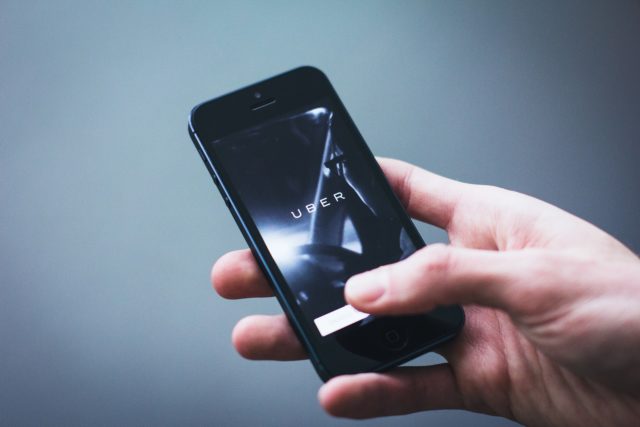Uber Launches E-Bike Pilot in London
Nearly one year after its taxi-operating license in London, Uber announced that it will be launching Jump e-bikes in London. The company will be launching with 350 bikes in the borough of Islington. Currently, there are also plans to expand to more areas of the city in the near future.
For those in the catchment, Jump Bikes will now be available as an option in the Uber app as well as UberPool, UberX and public transportation data.
Unlocking a bike will only cost £1. In addition, it will cost £0.12 per minute after the first five minutes of use.
Jump Bikes use electric pedal-assist, which respond to pedal pressure and can boost speeds up to 15 miles per hour.
Parking the bike outside of the permitted range will give you a warning. Leaving the bike there will cost you £25 in fines.
U.S. Postal Service Testing Self-Driving Trucks
The U.S. Postal Service (USPS) has announced a new pilot project that uses self-driving trucks. The agency will be conducting a two-week experiment in collaboration with TruSimple, a company that specializes in autonomous driving technology.
The company’s contract with USPS includes five round trips hauling trailers between Dallas and Phoenix. The truck’s operation will be automated, but there will be a safety engineer and driver aboard to monitor the vehicle’s performance and maintain safety.
The cargo will move along the I-10, I-20 and I-30 corridor from Texas through Arizona and New Mexico. That busy route accounts for about 60% of the total economic activity in the U.S.
If the contract is successful, it will call into question how transportation laws will affect autonomous vehicles, especially if drivers and safety engineers must still be aboard the vehicle.
Lyft Joins E-Bike Battle in Los Angeles
Lyft is joining Uber in the e-bike battle in Los Angeles. The ride-hailing giants are fighting a program that would require them to provide local governments with data on where and how their bikes are being ridden across the country.
A bill recently passed the state assembly that would gut the program. That bill will head to the state senate. The outcome of the legislation would have wide-reaching affects, from the flow of traffic to whether the ridesharing companies would block bike lanes.
The two companies say that they are trying to protect their users’ privacy. They are concerned that the government may mishandle the sensitive location data.








